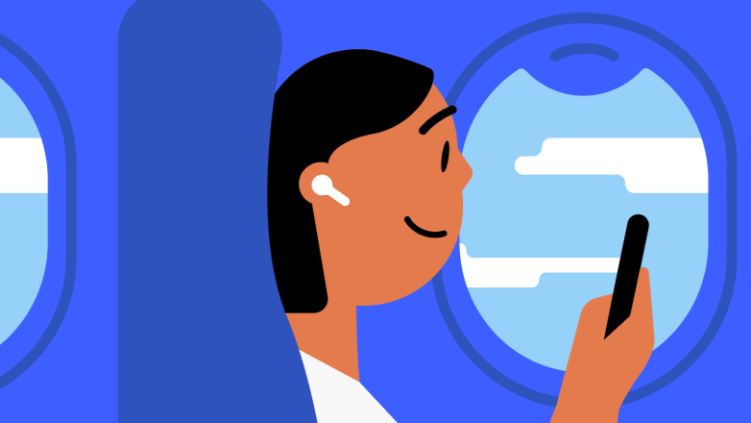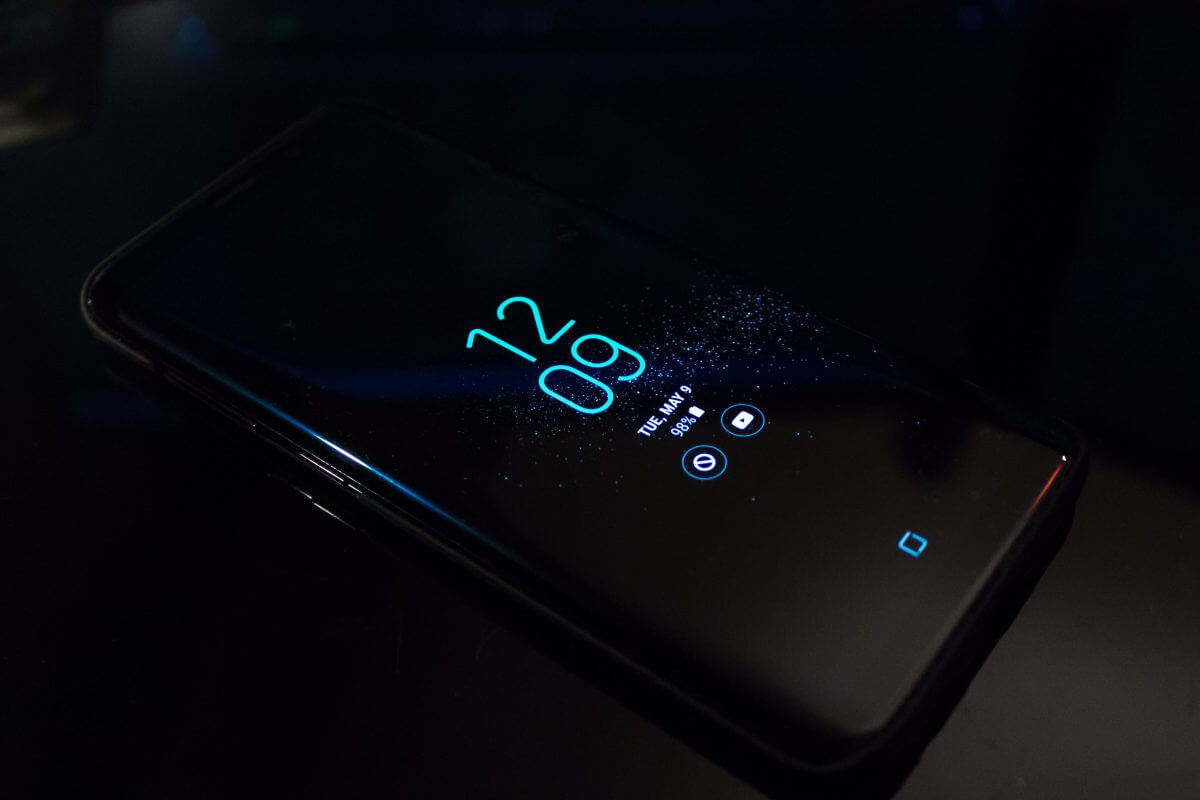Traveling allows us to discover new destinations, connect with people from different cultures, and create unforgettable memories. However, in the midst of enjoying these experiences, it can be easy to overlook the importance of online safety. Whether you’re sipping coffee at a charming café in Paris or lounging on a beach in Bali, worrying about potential hackers accessing your online activity is likely not on your itinerary. That’s where a VPN for travel comes into play – it’s a simple tool that provides added protection for your online presence, no matter where your travels take you. Let’s explore some other reasons why a VPN is an essential item for your packing list.
Why should you consider using a VPN while traveling?
While exploring the world, you may be more vulnerable to online threats than you realize. Public Wi-Fi networks, often found in airports, hotels, and cafes, are frequently unprotected and easily exploited by hackers. This means they can intercept your online traffic and potentially gain access to your sensitive information.
Traveling also exposes you to more sophisticated threats. Malware can be hidden in unexpected places, such as disguised as a charging station, putting your devices at risk of being compromised. Without the additional layer of protection provided by a VPN, your personal data is vulnerable.
According to a survey by All About Cookies, 90% of international travelers engage in risky online behaviors while abroad. Shockingly, only 31% use a VPN while traveling internationally and nearly half (45%) admit to connecting to unprotected public Wi-Fi networks.
But we all want to enjoy our travels without constantly worrying about online security. A VPN solves this problem by encrypting your internet traffic, making it much harder for hackers to access your personal information. With a VPN, you can confidently explore new places and relax on vacation knowing that your online activity is safer and more secure.
Traveling is an exciting opportunity to discover new destinations, connect with different people, and create unforgettable memories. However, amidst all the excitement, it’s easy to overlook the importance of online safety. Whether you’re indulging in a cup of coffee at a charming Parisian café or basking in a sun-soaked beach hut in Bali, the last thing on your mind should be hackers infiltrating your online traffic. This is where a VPN for travel comes into play – a simple yet effective tool to safeguard your online presence, regardless of where your travels take you. Let’s delve into the other reasons why adding a VPN to your packing list is essential.
Why is it necessary to use a VPN while traveling?
While exploring the world, you may not realize how vulnerable you are to online threats. Public Wi-Fi networks, commonly found in airports, hotels, and cafes, are often unsecured and easily exploitable by cybercriminals. If you happen to connect to one of these networks, hackers could intercept your online activity and potentially steal sensitive information.
Furthermore, traveling abroad exposes you to more advanced risks. Malware can be hidden in unexpected places, such as disguised as a charging station, putting your devices at risk. Without the protection offered by a VPN, your personal data is susceptible to being compromised.
According to a survey conducted by All About Cookies, 90% of international travelers engage in unsafe online habits while abroad. Nearly half (45%) admit to using unprotected public Wi-Fi networks and only about 1 in 3 (31%) use a VPN when traveling internationally.
But worrying about online security shouldn’t be something you have to deal with while exploring new destinations or enjoying a relaxing vacation. A VPN can provide peace of mind by encrypting your internet traffic, making it difficult for hackers to access your personal data. By using a VPN, you can ensure that your online activity remains secure and focus on enjoying your travels.
Why a VPN is essential for traveling 🌏
Using a VPN goes beyond just safeguarding your privacy – it can greatly improve your travel experience. If you’re still unsure, here are the top reasons why a VPN is a wise choice while traveling:
🛜 Protection of personal information
Public networks are vulnerable to cyber attacks and hackers may easily intercept your sensitive data. This is where a VPN becomes crucial. By encrypting your internet traffic, it creates a secure tunnel that makes it nearly impossible for cybercriminals to access your personal information.
👁️ Access to content from home region
Traveling abroad often means losing access to your favorite shows, local news, or region-specific online services that you use at home. With a VPN, you can connect to a server in your home region and securely access the content you are legally subscribed to, ensuring uninterrupted entertainment and resources while traveling.
💰 Better deals
Did you know that prices of products or services can vary depending on your location? Companies often adjust their prices based on the perceived buying power of customers in different regions. This practice also applies to airfare, accommodation, and car rentals. By using a VPN and connecting to servers in different regions, you may be able to score better deals.
💼 Secure work communication
When on a business trip, protecting confidential information is crucial. Working from public places like hotel lobbies or coffee shops poses security risks. A VPN with encryption can help keep your work-related communication and confidential files safe from potential threats.
🛡️ Enhanced protection against cyber threats
While traveling, you are more exposed to cyber attacks. Hackers often target travelers using public Wi-Fi or fake networks. A VPN provides an additional layer of security by encrypting your online traffic, blocking malicious websites, and safeguarding your online activities from cyber threats.
Tips for Using a VPN While Traveling 💻
Now that we’ve discussed the importance of using a VPN while traveling, let’s dive into how to set one up. Setting up a VPN is typically a straightforward process. Here’s how you can get started with any VPN service quickly:
1️⃣ Select a VPN provider that best meets your needs (we’ll explore this further later).
2️⃣ Download and install the VPN app on your phone, laptop, or tablet before you depart. It’s best to do this before your flight.
3️⃣ Connect to a server in your home country or any location you choose. This will change your virtual location and make your internet browsing more secure.
4️⃣ Start using the internet without worrying about hackers snooping on your sensitive information.
How to Choose the Best VPN for Travel ⚖️
You may be wondering which VPN is the right choice for your upcoming travels. There are a few factors to consider when selecting a VPN for international use:
✅ Speed and reliability. While traveling, you’ll likely encounter various Wi-Fi networks with different speeds. Ensure your chosen VPN offers fast and reliable connections for smooth browsing.
✅ Multi-device support. You’ll probably want to use your VPN on more than just your phone – think tablets, laptops, and other devices. Make sure the VPN you select supports all of them for comprehensive protection.
✅ Dependable customer support. When you’re on the move, things can go wrong unexpectedly. That’s why it’s important to choose a VPN provider with reliable customer support to assist with any issues that arise.
✅ User-friendly interface. Look for a VPN with an intuitive design and easy setup process. The last thing you want while traveling is to struggle with complicated settings.
✅ Automatic kill switch. A useful feature to have is an automatic kill switch, which disconnects your internet if the VPN connection drops unexpectedly. This ensures your connections stay secure, even with an unstable internet connection.
If you’re trying to decide between a free or paid VPN, take some time to consider your options. While free VPNs may seem appealing, they often come with slower speeds, fewer security features, and questionable privacy practices. Investing in a paid VPN is usually worth it for better performance and protection.
As you travel, it’s important to take steps to keep your personal data safe. Beyond using a VPN, here are some additional cybersecurity practices to follow:
✍️ Use strong and unique passwords
Avoid reusing passwords and create strong ones for all your accounts. Mix uppercase and lowercase letters, numbers, and symbols, and make them at least 12 characters long.
🔑 Enable two-factor authentication (2FA)
Add an extra layer of security by requiring a second form of identification (such as a code sent to your phone) to access your accounts.
⚙️ Keep software and apps up-to-date
Regularly update your apps, operating systems, and antivirus software to fix any vulnerabilities.
🛡️ Protect physical security
Don’t leave your devices unattended in public places. Use strong passwords and lock screens on your devices, even when leaving them in the hotel room safe.
💾 Backup important files
Make backups of important files in case your device is lost or stolen. Consider using cloud storage or an external drive for backups.
🤳 Think before posting on social media
Be mindful of what you share on social media while traveling. Sharing too much information could put you at risk.


